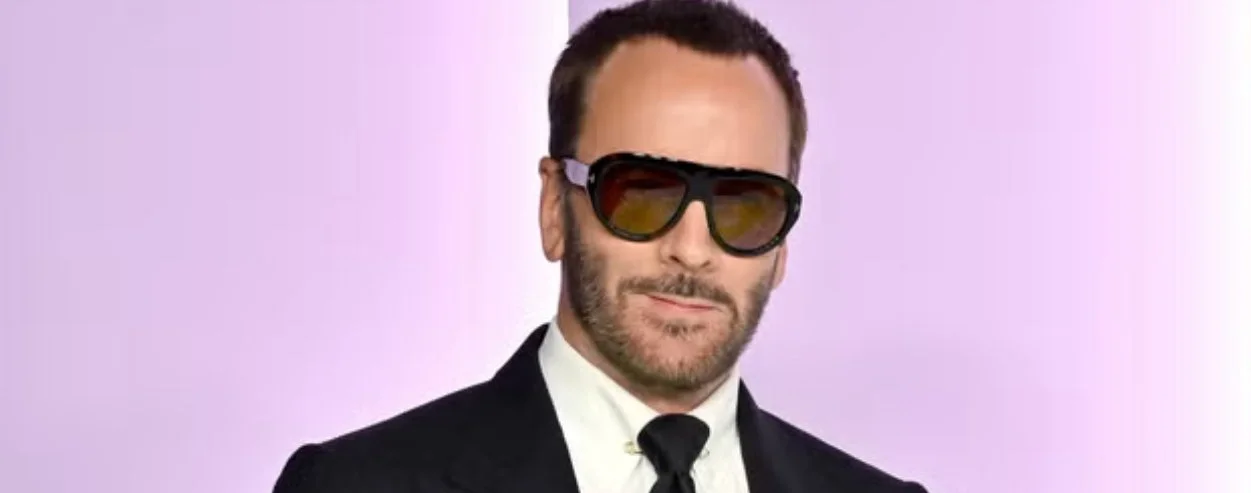Anne Thompson’s IndieWire piece has the headline “New York Film Festival Launches with Divisive 'Nickel Boys,” which seems to be a fair assessment on how the film was received by the New York crowd as it opened the festival on Friday.
I, for one, cannot wait to see RaMell Ross’ “Nickel Boys.” What current U.S. cinema needs is more experimentation with narrative, concept and style. This film seems to have that in spades. Whether it actually works as a whole is another story.
The first reactions out of Telluride for “Nickel Boys” made it sound way more adventurous than initially believed. Apparently, the 140-minute film has an “experimental” narrative and is being described by some as “avant-garde.” A reader described the first person POV usage as “feeling like a video game,” constantly playing with perspective, in ways that will either frustrate or exhilarate the viewer.
“Nickel Boys,” an adaptation of Colson Whitehead’s Pulitzer Prize–winning novel, follows two boys whose close friendship helps sustain their hope even as the horrors mount around them at the Nickel Academy, which becomes a microcosm of American racism in the mid-20th century.
Our NYFF correspondent, Tyler Gibson, has given us a report on how the film played at the festival over the weekend, and he echoes Thompson’s coverage:
Despite being named as the festival opener and riding high off the Telluride buzz, the hype for Ramell Ross’ “Nickel Boys” during its Friday morning press screening appeared to me as rather muted. Most noticeably the entry line was far shorter compared to last year (“May December”) with plenty of available seats minutes before showtime. So far, the hottest tickets have been “The Brutalist” and “Anora.”
Unfortunately, that sense of indecision regarding “Nickel Boys” lingered throughout the 140 minute screening. While the film will have many passionate fans, most around me were rather baffled or puzzled. Kudos goes out to director Ross, known for his experimental photography and non-fiction filmmaking, for approaching the idea of adaptation with bold audacity. Ross shoots the film with a POV perspective, quite literally forcing the audience to engage directly which what’s on screen.
During the press conference he namedropped previous first-person films such as “Hardcore Henry” and how he wanted to elevate those preconceived notions. He furthers his concept by intercutting montages of archival footage, particularly during scenes of physical abuse. Instead of witnessing a simulation of historical violence, he gives precedent to actual artifacts. This creates a non-linear journey of fragmented storytelling techniques which even goes so far as to implement an additional POV perspective of another character.
Time jumps arrive unceremoniously, not so much as foreshadowed rather just appearing, and these sequences are filmed outside of first person with camera rigged on the back of heads.
This conceptual art piece takes a moment of acclimation to embrace its wavelength. The cross-cutting dual perspectives feels contradictory and impulsive before arriving at a plot revelation that underwhelms what should be shocking and guttural. (Though, to be fair, some gasps filled the theater during the climax).
A tragic story of human indecency has been reduced to ambitions in filmmaking and condensed plot devices which is undercutting and undermining. There’s many moments of grace throughout including a deeply warm performance from Aunjanue Ellis-Taylor, but this cinematic gamble is a bit too distancing and overly conceived.






